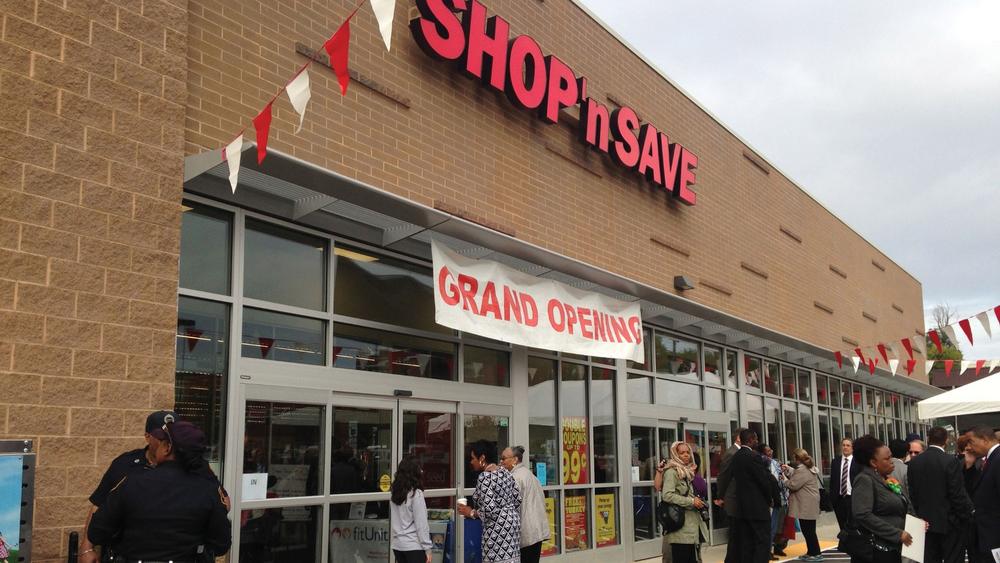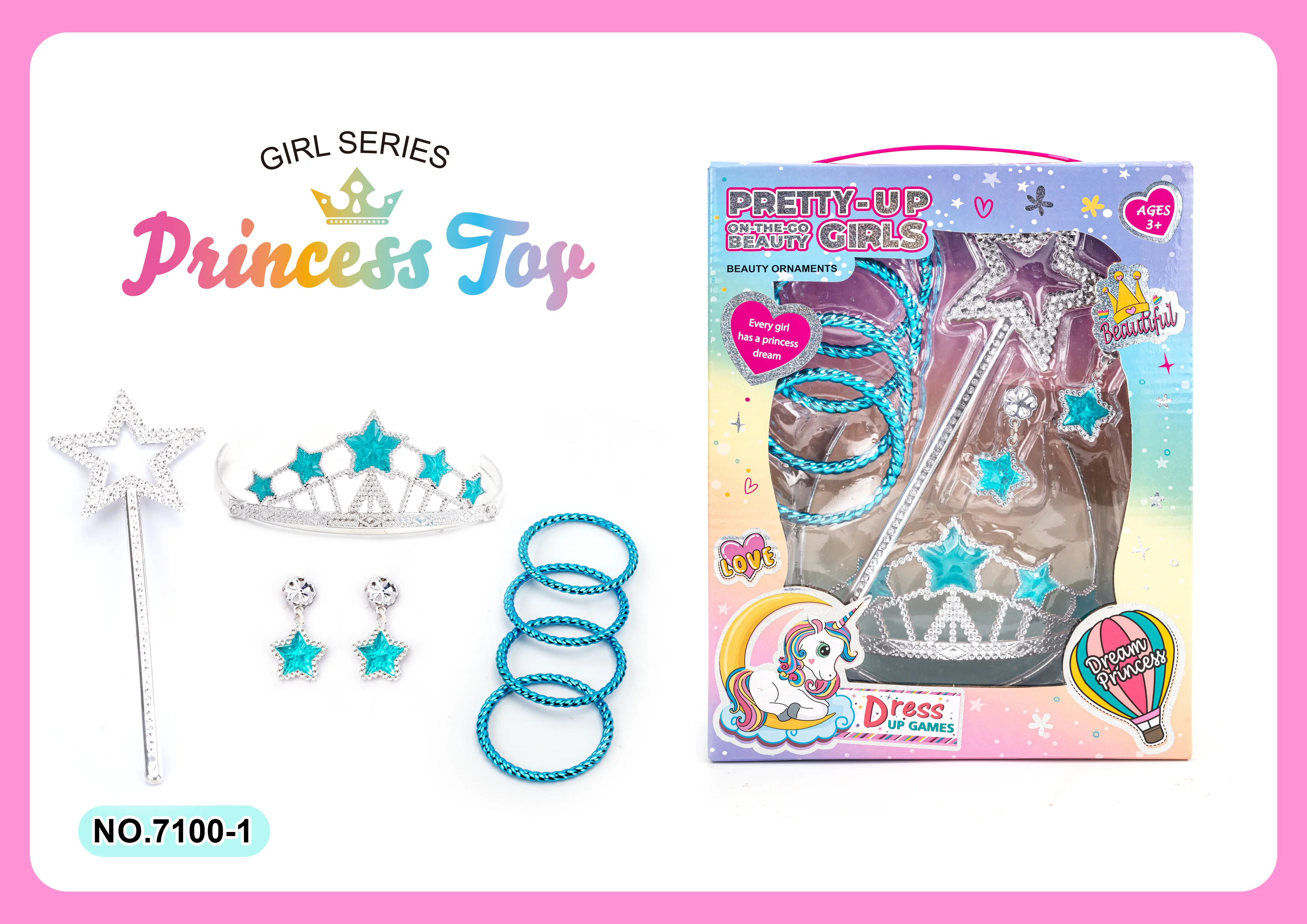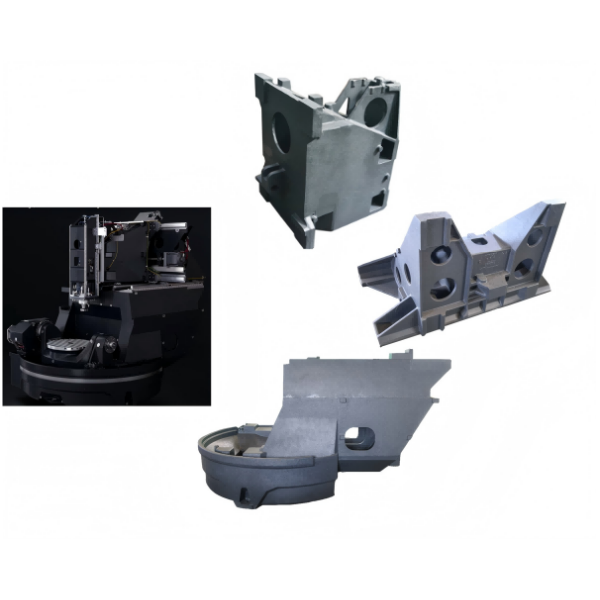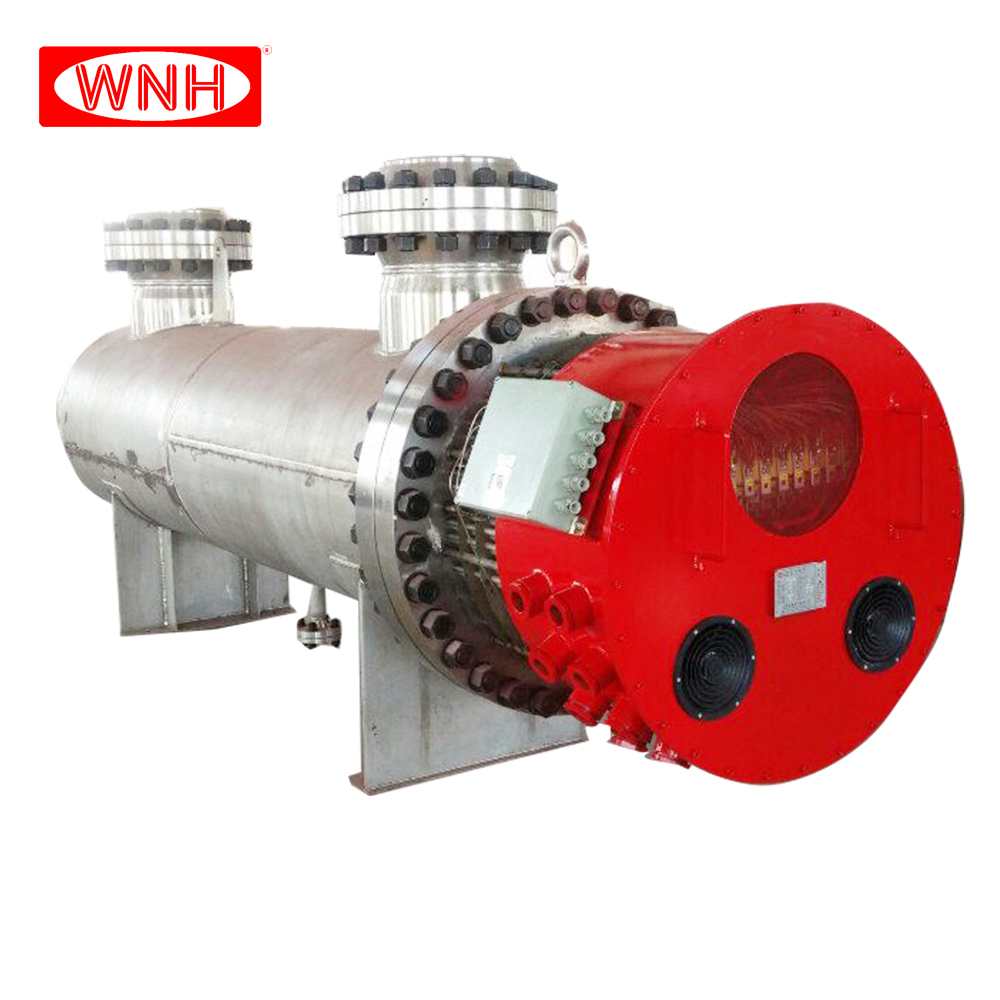
The Fast-Moving Consumer Goods (FMCG) industry has witnessed significant growth and transformation over the years. As consumer demands continue to evolve, it becomes crucial to explore the future outlook of this dynamic industry. In this blog post, we will delve into the emerging trends, technological advancements, and market opportunities that shape the future of the FMCG industry.
- Shifting Consumer Preferences:
The FMCG industry is heavily influenced by changing consumer preferences. In the future, we can expect a continued shift towards healthier and more sustainable products. Consumers are becoming increasingly conscious of their health and environmental impact, leading to a rise in demand for organic, natural, and eco-friendly FMCG products. Companies that can adapt to these changing preferences and offer innovative solutions will thrive in the future market. - E-commerce and Digitalization:
The rise of e-commerce has revolutionized the FMCG industry, and this trend is expected to continue in the future. Online shopping provides convenience, wider product selection, and personalized recommendations, making it an attractive option for consumers. As technology advances, we can anticipate further integration of artificial intelligence (AI) and machine learning (ML) algorithms in e-commerce platforms, enhancing the overall shopping experience. FMCG companies must embrace digitalization and invest in robust online strategies to stay competitive in the evolving market. - Supply Chain Optimization:
Efficient supply chain management is crucial for FMCG companies to meet the demands of a rapidly changing market. In the future, we can expect increased adoption of advanced technologies such as blockchain and Internet of Things (IoT) to optimize supply chain processes. These technologies offer enhanced traceability, transparency, and real-time data analysis, enabling companies to streamline operations, reduce costs, and ensure product quality and safety. - Personalization and Customization:
Consumers today seek personalized experiences, and the FMCG industry is no exception. In the future, we can anticipate the rise of customized FMCG products tailored to individual needs and preferences. Advancements in technology, such as 3D printing and data analytics, will enable companies to offer personalized packaging, flavors, and formulations. This level of customization will not only enhance customer satisfaction but also drive brand loyalty and market growth. - Emerging Markets and Global Expansion:
The FMCG industry is witnessing significant growth in emerging markets, driven by rising disposable incomes, urbanization, and changing lifestyles. As these markets continue to expand, FMCG companies have ample opportunities for global expansion. However, entering new markets requires a deep understanding of local cultures, preferences, and regulatory frameworks. Successful companies will invest in market research, localization strategies, and partnerships to tap into the immense potential of emerging markets.
Conclusion:
The future outlook of the FMCG industry is promising, with exciting opportunities for growth and innovation. By adapting to shifting consumer preferences, embracing digitalization, optimizing supply chains, offering personalized experiences, and exploring emerging markets, FMCG companies can stay ahead of the curve. The key lies in understanding and anticipating consumer needs, leveraging technology, and fostering a culture of continuous improvement. As the industry evolves, those who embrace change and seize opportunities will thrive in the dynamic FMCG landscape.







